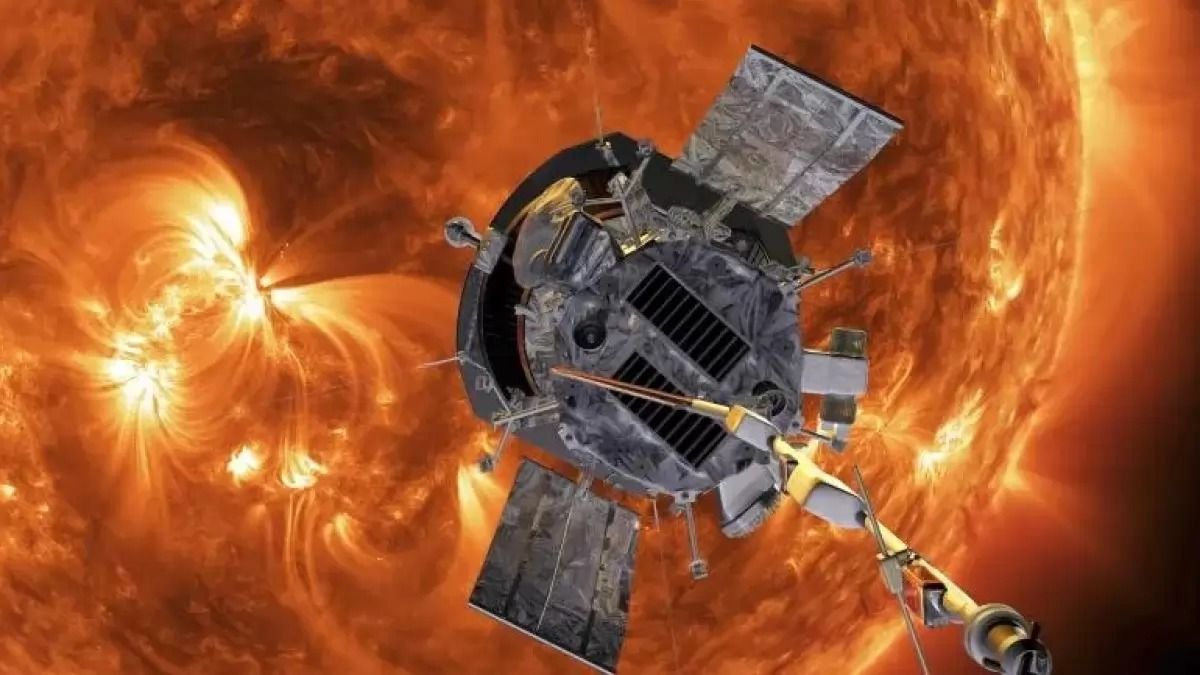After the moon, India launches rocket to study the sun

Following the success of India's moon landing, the country's space agency launched a rocket on Saturday to study the sun in its first solar mission, Azernews reports.
The rocket left a trail of smoke and fire as scientists clapped, a live broadcast on the Indian Space Research Organisation's (ISRO) website showed.
Named after the Hindi word for the sun, the Aditya-L1 launch follows India beating Russia late last month to become the first country to land on the south pole of the moon. While Russia had a more powerful rocket, India's Chandrayaan-3 out-endured the Luna-25 to execute a textbook landing.
The Aditya-L1 spacecraft is designed to travel about 1.5 million km (930,000 miles) over four months to a kind of parking lot in space where objects tend to stay put because of balancing gravitational forces, reducing fuel consumption for the spacecraft.
Those positions are called Lagrange Points, named after Italian-French mathematician Joseph-Louis Lagrange.
The mission has the capacity to make a "big bang in terms of science," said Somak Raychaudhury, who was involved in the development of some components of the observatory, adding that energy particles emitted by the sun can hit satellites that control communications on earth.
Scientists hope to learn more about the effect of solar radiation on the thousands of satellites in orbit, a number growing with the success of ventures like the Starlink communications network of Elon Musk's SpaceX.
"The low earth orbit has been heavily polluted due to private participation, so understanding how to safeguard satellites there will have special importance in today's space environment," said Rama Rao Nidamanuri, head of the department of earth and space sciences at the Indian Institute of Space Science and Technology.
Longer term, data from the mission could help better understand the sun's impact on earth's climate patterns and the origins of solar wind, the stream of particles that flow from the sun through the solar system, ISRO scientists have said.
Pushed by Prime Minister Narendra Modi, India has privatised space launches and is looking to open the sector to foreign investment as it targets a five-fold increase in its share of the global launch market within the next decade.
As space turns into a global business, the country is also banking on the success of ISRO to showcase its prowess in the sector.
---
Follow us on Twitter @AzerNewsAz
Here we are to serve you with news right now. It does not cost much, but worth your attention.
Choose to support open, independent, quality journalism and subscribe on a monthly basis.
By subscribing to our online newspaper, you can have full digital access to all news, analysis, and much more.
You can also follow AzerNEWS on Twitter @AzerNewsAz or Facebook @AzerNewsNewspaper
Thank you!
